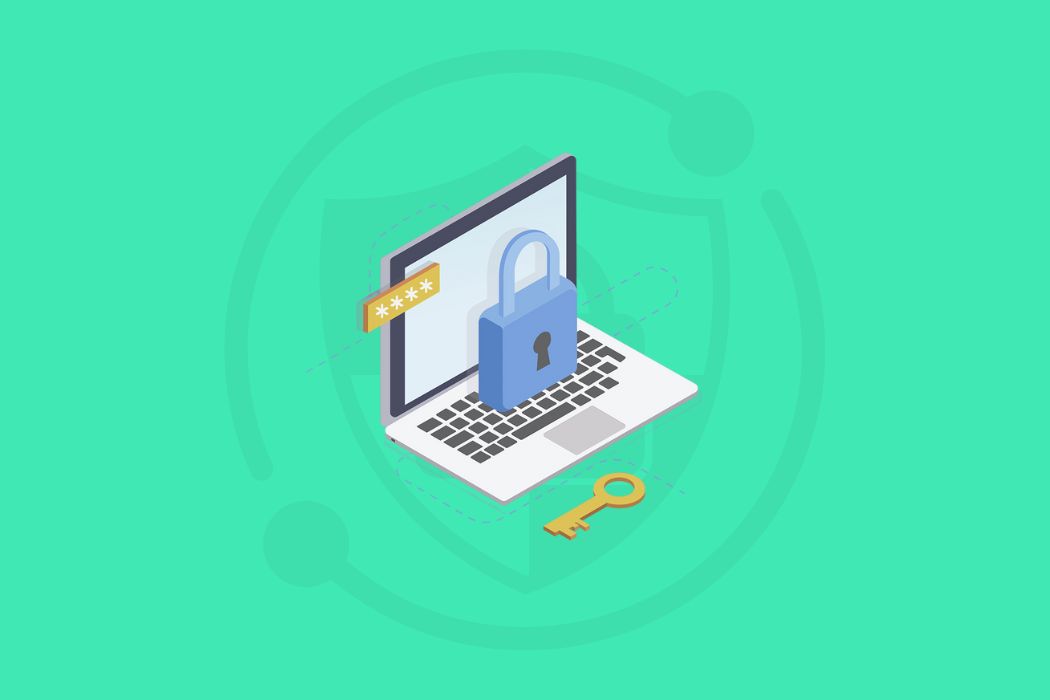These days, most of us use online tools without thinking twice. Whether you’re editing a file, taking quick notes, or converting images, browser-based tools help make life easier.
But convenience can come with risk.
Without the right precautions, your personal information might end up in the wrong hands. The good news? You don’t need to stop using helpful tools. You just need to use them wisely.
Here are five easy ways to stay safe while using online tools, even if you’re not a tech expert.
1. Choose Tools That Respect Your Privacy
Some tools are built to protect your privacy. Others might track your activity or even store your data without telling you.
The safest choice is to stick with browser-based tools that don’t require sign-ups and don’t store your information on remote servers.
For example, if you’re writing down thoughts or sensitive ideas, try an online notepad for privacy. It runs entirely in your browser and doesn’t save anything to the cloud.
Things to look for in a tool while seeking the privacy:
- No login should be required
- No file should be stored
- Secure URL (https)
- Clear privacy policy
Small changes like this can go a long way toward keeping your data safe.
2. Open Links Carefully
Opening lots of links at once is convenient, but it can also be risky. If just one of those links leads to a harmful site, your browser or device might be exposed.
If you often open several links together, consider using a bulk URL opener tool that is simple and ad-free.
Before using any link opener, keep these tips in mind:
- Make sure the source of the links is trustworthy
- Hover over links to preview them before clicking
- Avoid shortened links from unknown senders
- Keep your browser’s pop-up blocker turned on
Even if you’re in a rush, taking a few seconds to check links can save you from bigger problems later.
3. Update Your Browser Settings for Extra Protection
Your browser is your first line of defense online. With just a few quick changes, you can protect your privacy without slowing anything down.
Smart settings to enable today:
- Block third-party cookies
- Turn off location access
- Use “Do Not Track” requests
- Keep camera and microphone permissions disabled unless needed
You can also add privacy extensions like HTTPS Everywhere or Privacy Badger. These tools block hidden trackers and make sure your connection stays secure.
If you’re unsure whether your webcam is active or not, run a webcam test. It helps confirm that your camera is only on when you want it to be.
4. Avoid Uploading Sensitive Files to Converters
Need to convert a file? Online converters are fast and easy. But be careful with what you upload.
If you’re working with personal photos, financial records, or client documents, uploading them without checking a tool’s privacy details could put you at risk.
Choose tools that process everything locally. A good example is an AVIF to JPG converter that works right in your browser without sending anything to a server.
File safety tips:
- Avoid uploading private or work-related files
- Stick to converters that promise client-side processing
- Clear your browser cache after using any tool
- Review the tool’s privacy page before uploading anything
A little caution makes all the difference when dealing with personal data.
5. Make Safe Habits Part of Your Routine
Online safety isn’t about one big change. It’s about small, smart choices you make every day.
You don’t need special software or a cybersecurity degree. Just stay alert and build a few good habits.
Simple ways to stay safe:
- Never reuse the same password across tools
- Use strong, random passwords stored in a secure location
- Close browser tabs when you’re done with a tool
- Keep your browser up to date
- Disable autofill for tools that don’t need your personal information
These steps may seem small, but together they create a safer online experience for you.
Frequently Asked Questions
Stick with browser-based tools that don’t ask for login info or upload your files to servers.
They can be. Look for tools that process files directly in your browser and don’t save anything online.
These include built-in privacy settings and add-ons that block trackers or force secure connections.
Check for a privacy policy. If it’s missing or unclear, it’s best to avoid that tool.
Yes, as long as they are private, reliable, and do not store your data without consent.
Safety is Always Important!
Staying safe online doesn’t have to be complicated and that’s what Tech Cycled is doing by providing free online tools while keeping the safety a priority. These five simple tips help you protect your information without giving up the tools that make your day easier.
Try them out today. A safer, smarter way to work online is just a few small changes away.



